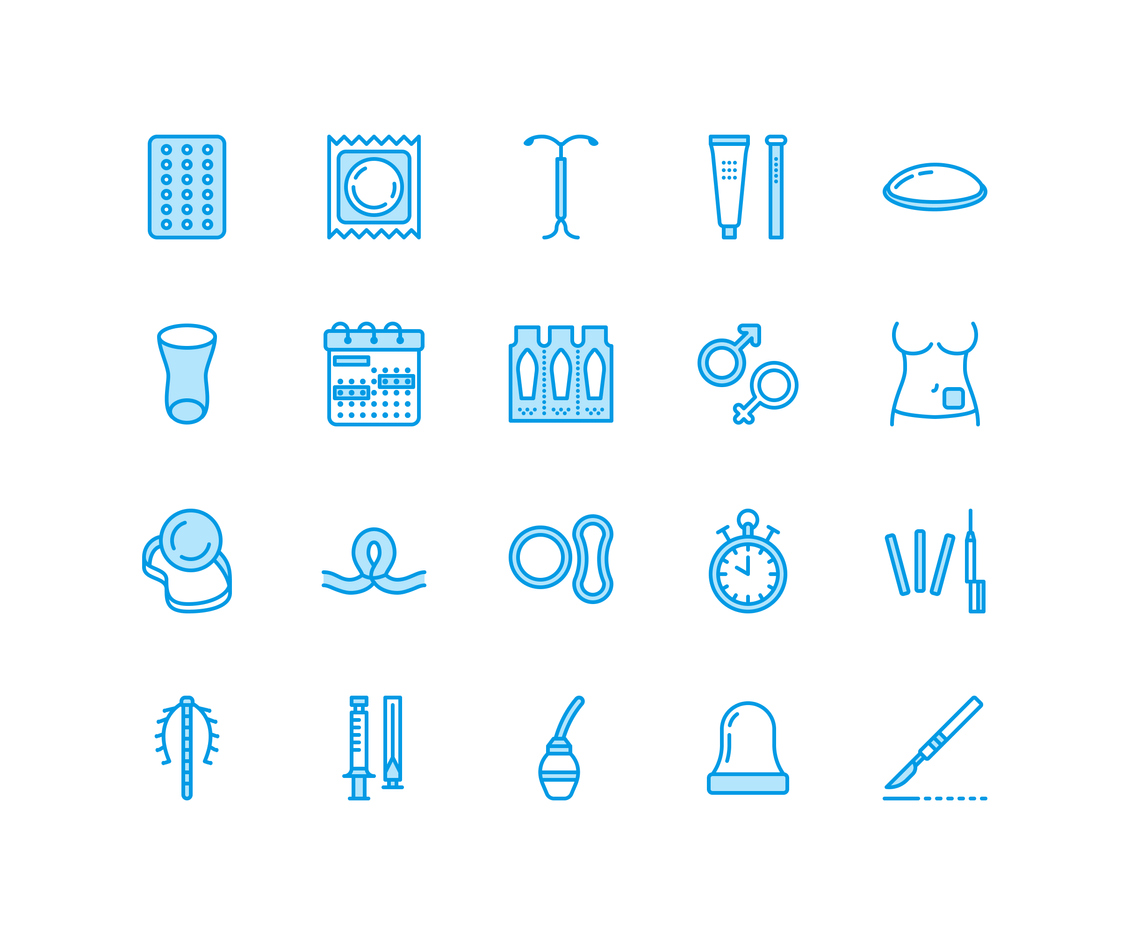
The combined contraceptive pill
The combined pill contains a combination of the hormones oestrogen and progestogen. The pill works by stopping the ovaries from releasing an egg (ovulation) and by thickening cervical mucus which makes it harder for sperm to reach the egg.

How effective is the combined pill?
The combined contraceptive pill is 99% effective when used perfectly. However, “typical use” puts the pill at about 91% effective (approximately 1 in 11 women taking the pill become pregnant each year). This “typical use” reflects real life where pills can easily be missed/forgotten.
How do I take the combined pill?
The combined pill is licensed to be taken daily for 21 days with a 7 day break to allow a withdrawal bleed in the hormone-free interval.
During the pill-free interval you will usually have a period-like bleed. However it is possible to not have an interval and take the pill continuously, or have a shortened pill-free period of 4-5 days.
You can ask about this at your consultation (more information available here).
You should take the combined pill at roughly the same time every day.
If you miss taking a pill or are unsure how many pills you have missed or whether you need emergency contraception please talk to a doctor or nurse as soon as possible.
If it is still less than 48 hours since last pill – take your next pill now, continue taking the rest of the pack as usual.
If it is between 48-72 hours since last pill – you have missed one pill. Take the last missed one immediately and then continue taking the rest of the pack as usual. If you are in the first week after a break you may only need emergency contraception IF you have missed any other pills this week or you missed a pill in the 7 days before having a break.
If it is between 72 hours and 7 days since last pill – you have missed at least 2 pills. Take only the last missed pill now and continue the pack as usual but use condoms for another 7 days. If it is less than 7 days until you are supposed to take a break then do NOT take a break and restart the next pack straight away. If you are in the first week after a break you may need emergency contraception if you have had unprotected sex in the break or in the first week of your pack. If you are in week 2 or 3 of the pack then you only need emergency contraception if you have missed any other pills in the last 7 days.
If it is more than 7 days since your last pill (not your planned break) – there is a risk of pregnancy. Start a new pack straight away and use condoms for another 7 days. If you have had any unprotected sex you need to do a pregnancy test and you may need emergency contraception.

Who can use the pill?
The combined pill is not suitable for people over 35 who smoke or for people who have certain medical conditions such as thrombosis, stroke, blood clot, heart disease, breast cancer or diabetes.
Some people can also be allergic to oestrogen. These people may be more suited to the progestogen-only pill.
Certain types of medication or herbal remedies such as some Epilepsy medication or St John’s Wort, or being sick or having diarrhoea, can reduce the effectiveness of the combined pill.
If you are breastfeeding and your baby is less than 6 weeks old it is also recommended to use a different pill or different method of contraception.
The doctor or nurse at your local sexual health clinic will be talk to you about your medical history and general health to help you identify the best type of contraceptive pill for you.

Where can I get the pill?
The combined contraceptive pill is available free of charge from any Devon Sexual Health Clinic. To find out more information on our clinics, including young person drop-in clinics, see our clinic information page.
All consultations are completely confidential unless we are worried about your safety. You can also get the combined pill from most GP surgeries. To find your nearest GP, you can use our ‘find a service’ option.

Are there any side effects to the combined pill?
Serious side effects of the contraceptive pill are rare.
The combined pill may cause temporary side effects such as headaches, feeling sick, sore breasts and mood swings. Longer term, the combined pill can make your bleeds more regular, lighter and less painful. It can also reduce the symptoms of PMS (pre-menstrual syndrome) and acne.
If side effects continue for more than 3 months, contact your nearest Devon Sexual Health clinic and we can advise you about different contraceptive pills or alternative forms of contraception.
The combined pill also very slightly increases the risk of more serious side effects like blood clots, heart attacks, stroke, breast cancer and cervical cancer. This risk is higher if you have certain medical conditions and your sexual health Doctor or Nurse will ask you questions to check if you could be at higher risk.
Therefore, you should seek medical attention straight away if you have any of the following:
- Chest pain, including sharp pain worse when you breath in
- Leg swelling
- Change in headaches or migraines
- Arm or leg weakness or numbness
- Problems with your speech or vision
If you are admitted to hospital or have an operation tell the Doctor you are taking the pill as you may need to stop it to reduce the risk of blood clots.

Combined pill pros & cons
- 99% effective (if taken perfectly)
- Makes periods lighter, more regular and less painful
- Can choose not to bleed every month
- Reduces PMS
- Can reduce the risk of ovarian, womb and colon cancer
- Can reduce acne
- Can help menopausal sex and problems associated with polycystic ovarian syndrome (PCOS)
- Doesn’t protect against STIs
- Temporary side effects such as headaches, nausea, sore breasts and mood swings
- Can increase blood pressure
- Have to remember to take every day for 21 days
- Not suitable for women over 35 who smoke
- Can’t use for 6 weeks after birth if breastfeeding


